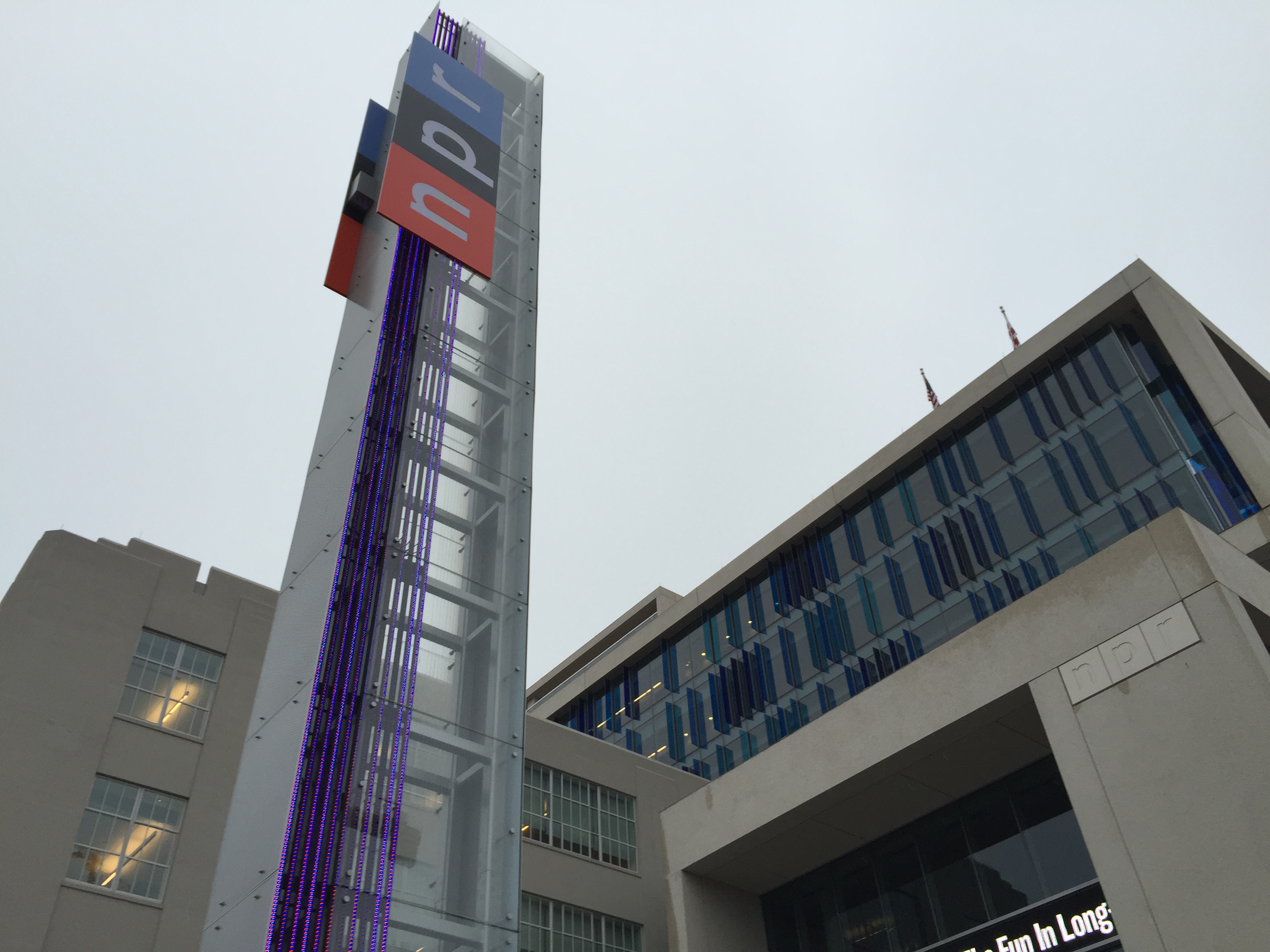FCC to provide spectrum bids to stations by September, CPB Board hears
WASHINGTON, D.C. — Television stations should receive final opening bids for their spectrum from the FCC in early September, the CPB Board heard at its meeting Tuesday.
Stations have 60 days from receiving the bid to declare whether they will participate in the auction, set for mid-2016.
Howard Symons, vice chair of the FCC’s incentive auction task force, conducted a meeting on spectrum issues for broadcasters June 8 in Chicago. Attending was CPB COO Vinnie Curren, who said Symons told attendees they’d have bids “right after Labor Day.” Curren noted the majority of some 30 broadcasters in the room were from public TV stations.
“Public media stations are an important target for the FCC in this auction,” Curren said. Among commercial broadcasters, decisions about taking part in the auction are made at the corporate level, he said, and the commission needs a number of public stations to give up spectrum to meet the needs of wireless companies.
Broadcasters must decide whether to relinquish their spectrum, potentially worth millions of dollars; receive payouts for agreeing to share a channel with another broadcaster or for shifting from UHF to VHF; or not participate.
As the auction nears and broadcasters face the decision deadline, CPB is “ramping up dramatically” its support to stations on spectrum issues, said Michael Levy, e.v.p.
It’s working with a group of about a dozen stations, including San Francisco’s KQED, Boston’s WGBH, Mississippi Public Broadcasting and WNED in Buffalo, N.Y., on auction messaging. Audiences, community members, donors and underwriters all need to understand auction issues, Levy said.
Later this month, CPB will meet in New York City with representatives from PBS, WGBH, New York’s WNET and the Association of Public Television Stations to hone a national plan for spectrum messaging, Levy said. Additional stations will participate by phone. CPB is aiming to give stations a communications toolkit by September.
CPB is also contacting licensees of university and government stations. “These institutional licensees are focusing on participation in the auction in an accelerated way,” Levy said. The corporation also will meet with the Major Market Group on spectrum auction issues later this month.
Ted Krichels, s.v.p. system development, is restructuring CPB’s spectrum webinars to include station board members. Curren said that during two recent station visits, “we found the boards are generally aware of the spectrum auction. But when we start to talk more intensively about it, their reaction is, ‘Oh, this is much bigger than we thought, and we really need to be involved.’ There’s a lot of stress about this time frame between now and when they have to make the commitment to the auction in November.”
Board Vice Chair Lori Gilbert, a broadcast journalist who lives in Nevada, shared another concern. “Wireless companies are acquiring spectrum for commercial purposes with no intent to deliver equivalent services to rural communities, which is in fact millions and millions of people,” she said.
Howard Husock, a board member and vice president for policy research at the Manhattan Institute, said that area is not the board’s purview. “We’re not the FCC or Congress,” he said. “We are simply trying to safeguard and steward the system in this rapidly changing environment.”
Related stories from Current:






